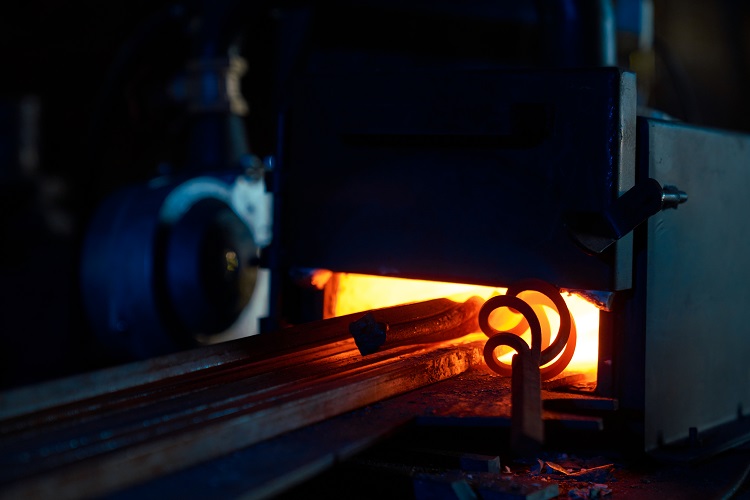Your Complete Guide to Industrial Burners
Submitted by admin_mapguide on Wed, 01/25/2023 - 14:33


Technological advancement has changed the way we do things. Nowadays, manufacturers can leverage technology to cut costs and boost production. That, coupled with the recent pandemic, has highlighted the need for reliable technology to support production. One such advancement is an industrial burner.
If you want to learn more about industrial burners, this guide by Map Guide Thailand will help you do just that.
What is an Industrial Burner?
Have you ever used the typical burner at home? If you have, you know that it mixes fuel and air to heat your home. An industrial burner works the same way, only that it is used to provide heat for combustion. Industrial burners have a chamber that mixes air and fuel and an ignition device that allows heat to combust samples. Unlike standard burners, industrial burners are more advanced and provide accurate temperature control throughout the manufacturing process.
What are Industrial Burners Used for?
You already know that industrial burners generate high heat levels to support various industrial processes. The chances are that you also want to know what industrial burners are used for. To understand what industrial burners do, it will be best to know that there are four types of industrial burners:
• Hot air burners
• Cold air burners
• Regenerative burner
• Oxy-fuel burners
Cold air burners are probably the most common type of burner. The chances are that you use one at home. These burners mix fuel and air at normal temperatures. On the other hand, oxy-fuel mix fuel with pure oxygen instead of the surrounding air. All four industrial burners can be used for glass production, manufacturing, food and beverage processing, mining, and other applications.
Why Use Industrial Burners?
So, why use industrial burners instead of other traditional heat production technology? Industrial burners offer many benefits that can’t be found in different technologies. To start with, industrial burners provide greater efficiency and cost-effectiveness. Not only that, but they also have the lowest emission levels and minimal maintenance requirements.
Conclusion
Industrial burners produce heat for various industrial applications like mining, manufacturing, and food processing. Many manufacturers prefer them because they offer unmatched cost-effectiveness and efficiency.
